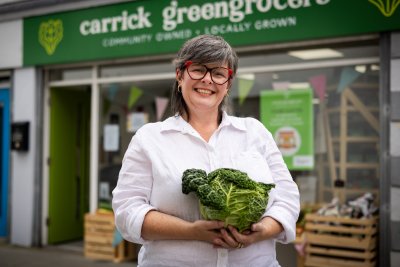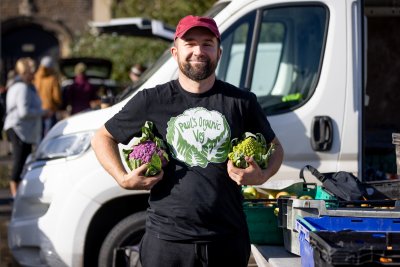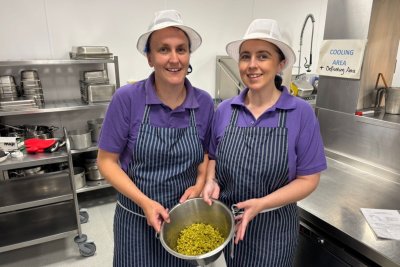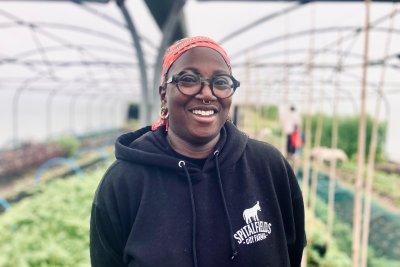Sustain: Sustain The alliance for better food and farming advocates food and agriculture policies and practices that enhance the health and welfare of people and animals, improve the working and living environment, enrich society and culture and promote equity.

Food systems must be the core of urban planning for climate change
Urban food supplies are major contributors to climate change, and are also highly vulnerable to climate change. With ever more of the world's population living in cities, urgent action is needed to improve the resilience of urban food provision, a new report finds.
By 2050, it is estimated that close to 70% of the world's population of more than 9 billion will live in cities. This will place huge pressure on the agricultural areas and supply chains that feed them. It will also leave billions of people vulnerable to climate impacts that endanger or disrupt these supply chains.
A new policy report from UNEP, the International Urban Food Network and the Nicolas Hulot Foundation argues that urban decision-makers must act now to increase urban food resilience, by analysing the implications of climate change for food supply chains, and building measures to protect food supplies into all planning decisions.
Urban food authorities can also help to support actions aimed at reducing food waste, encouraging farming in urban and neighbouring areas, promoting sustainable diets (including by tackling the over-consumption of foods that cause high greenhouse gas emissions), and diversifying food sources so that cities have a range of local, regional and international food supply options.
The report concludes that food systems need to be a core consideration in urban climate change planning and policy.
Follow the links for more information on Sustain's work on Sustainable Food Cities and Sustainable Fish Cities.
Sustain
The Green House
244-254 Cambridge Heath Road
London E2 9DA
020 3559 6777
sustain@sustainweb.org
Sustain advocates food and agriculture policies and practices that enhance the health and welfare of people and animals, improve the working and living environment, promote equity and enrich society and culture.
© Sustain 2026
Registered charity (no. 1018643)
Data privacy & cookies
Icons by Icons8






